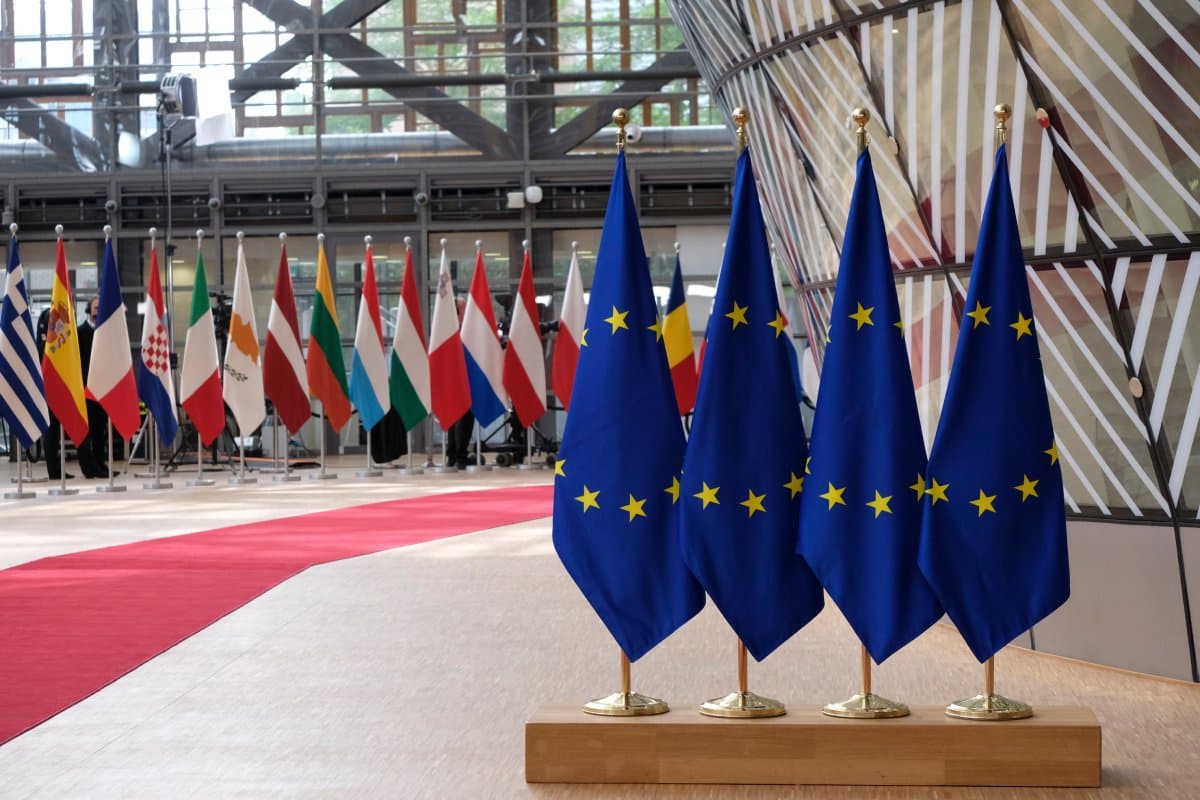In recent elections across Europe, there’s been a significant swing to the right. Why are voters in various EU countries increasingly backing conservative and right-leaning parties?
1. Economic Concerns in Italy

In Italy, economic stagnation and high unemployment rates have boosted support for parties like Brothers of Italy, led by Giorgia Meloni, who promise rigorous economic reforms and nationalist policies.
2. Migration Worries in Greece
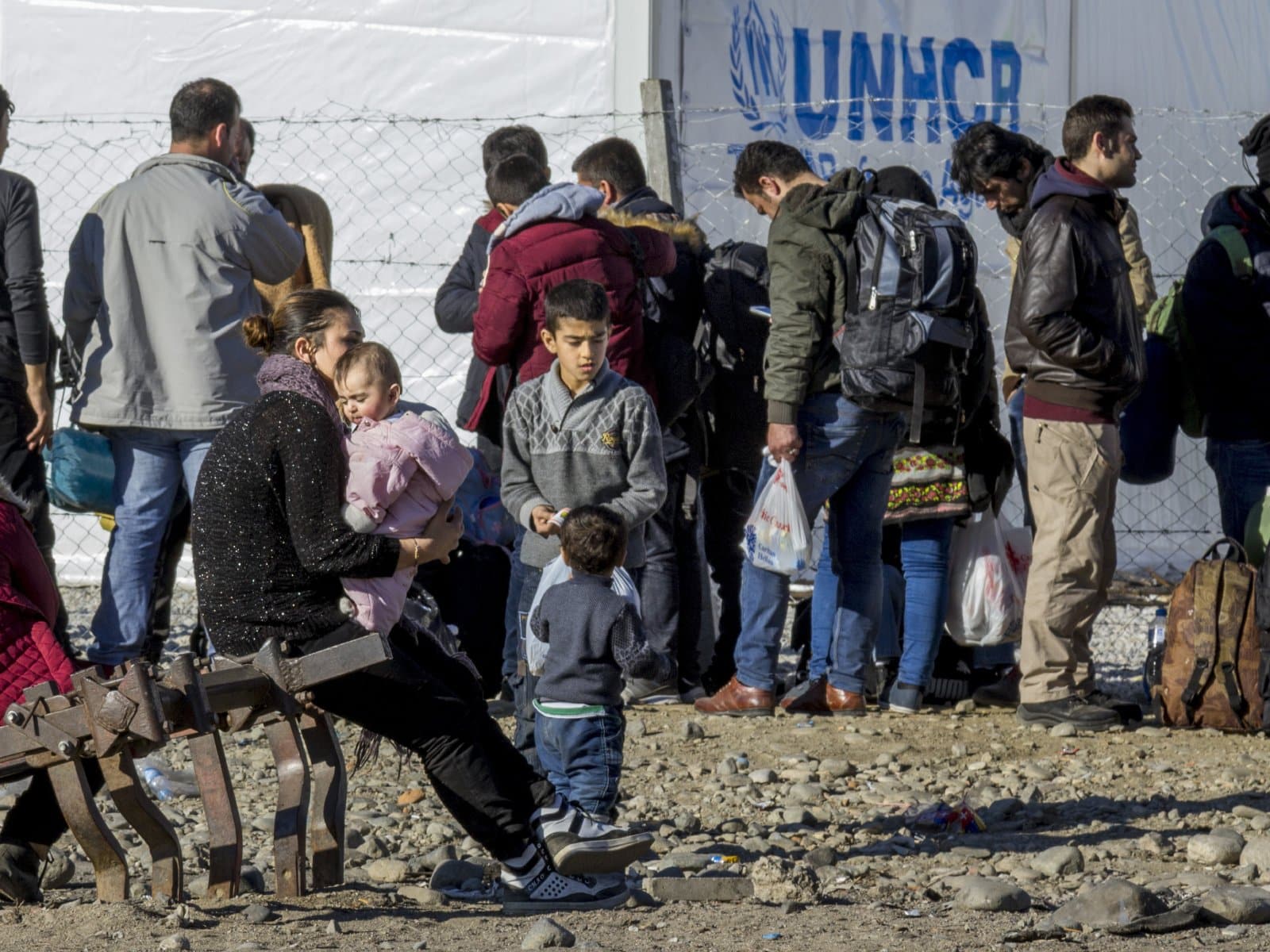
Greece has been at the forefront of the European migration crisis, leading to increased support for the New Democracy party, which advocates for stricter immigration controls.
3. National Sovereignty in France

In France, Marine Le Pen’s National Rally capitalises on sentiments that the EU undermines French sovereignty and identity, promising to reclaim control from Brussels.
4. Security Issues in Germany

Germany’s AfD (Alternative für Deutschland) has gained traction by focusing on security and law enforcement, appealing to voters concerned about crime and terrorism.
5. Anti-Establishment Sentiments in Spain
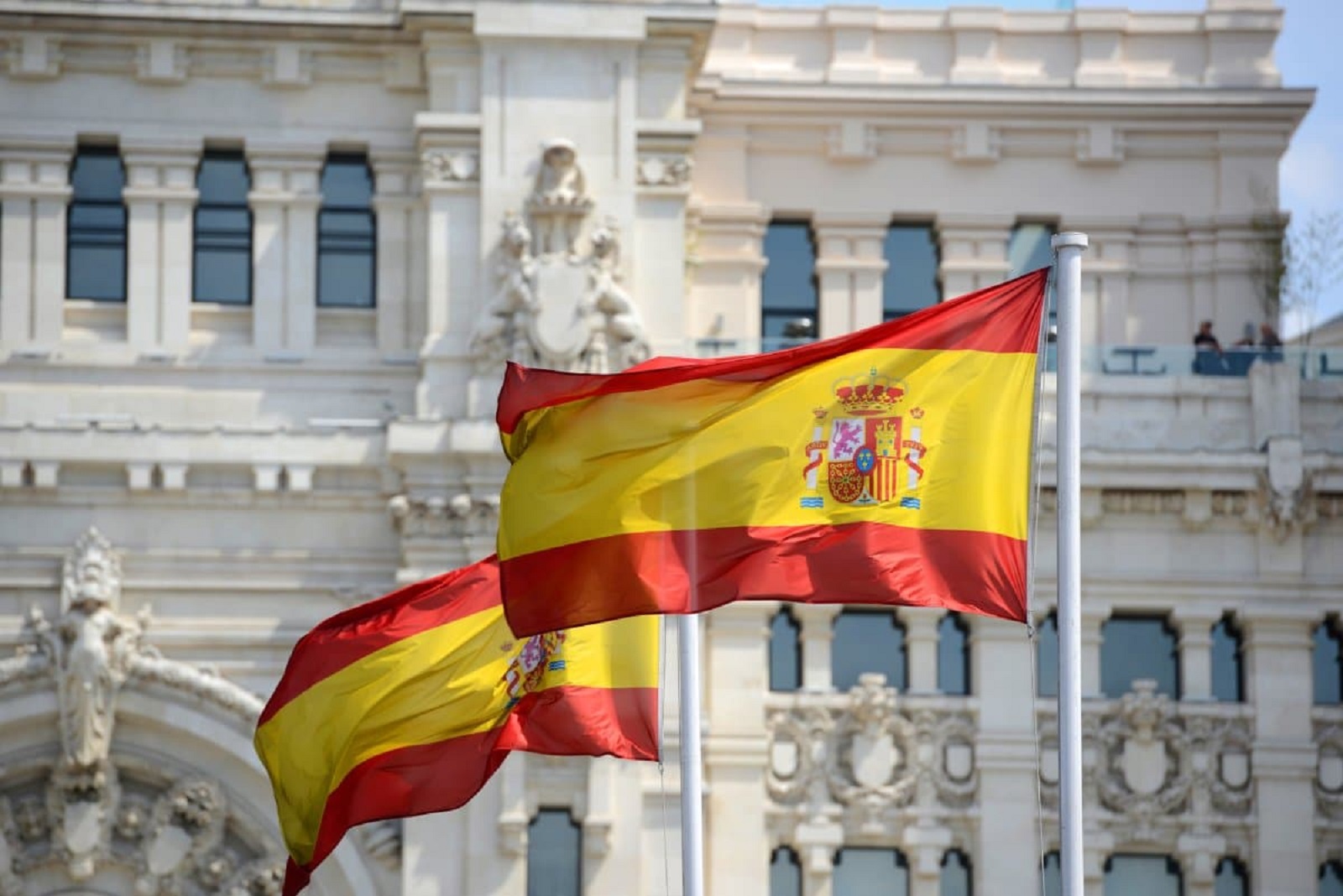
Voters disillusioned with traditional parties in Spain have rallied behind Vox, a party that criticizes the political elite and promises to tackle corruption and restore national pride.
6. Populist Appeals in Hungary
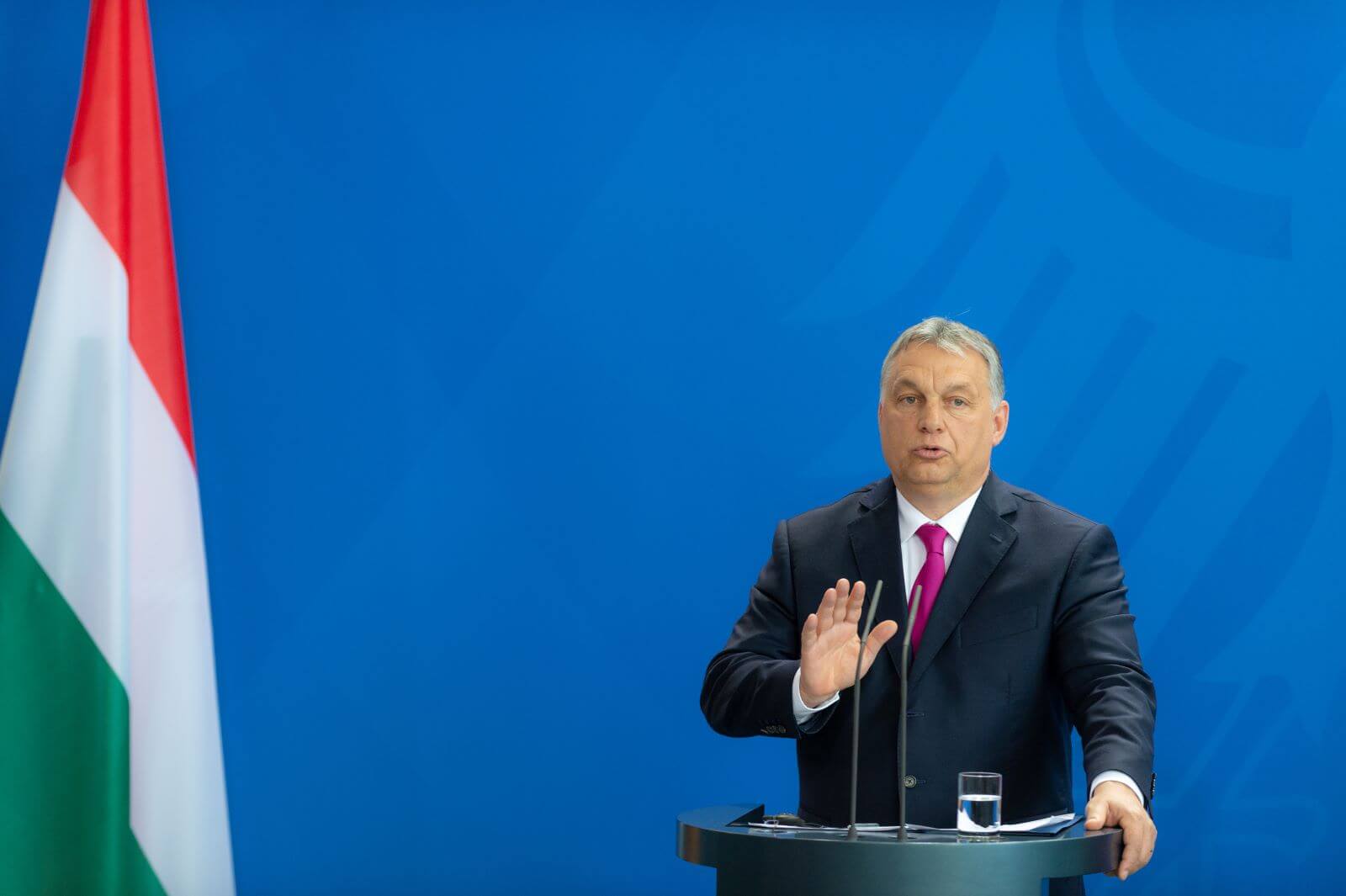
Hungary’s Fidesz party, under Viktor Orbán, successfully uses populist messaging to present simple solutions to complex issues like economic reform and national security.
7. Media Influence in Poland

In Poland, the Law and Justice party (PiS) benefits from favourable coverage by state-controlled media, which helps shape public opinion in support of its right-wing agenda.
8. Economic Recovery Plans in Sweden
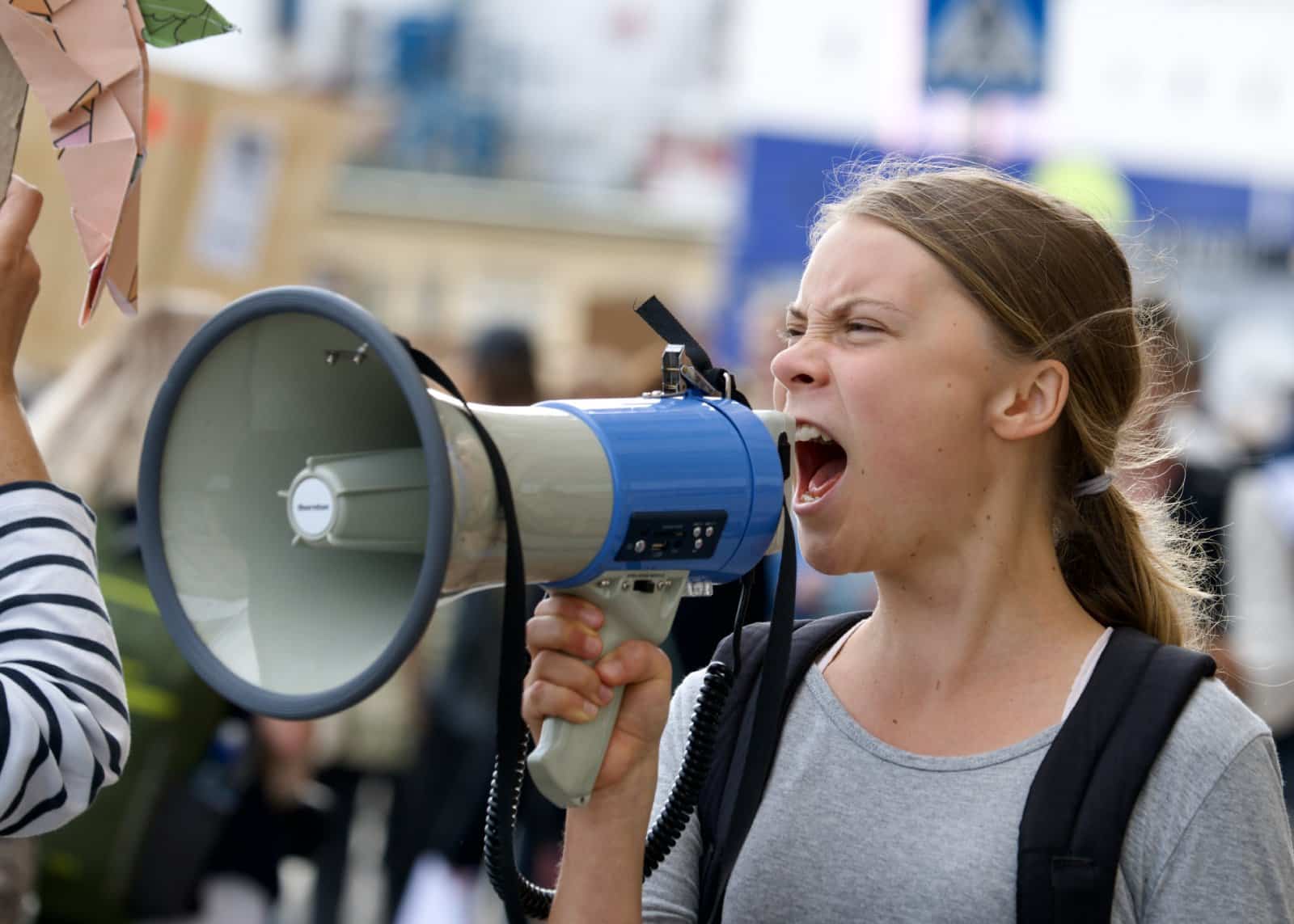
Sweden’s Moderate Party has promised robust economic policies aimed at recovering from the pandemic’s impacts, appealing to fiscal conservatives.
9. Cultural Preservation in Austria
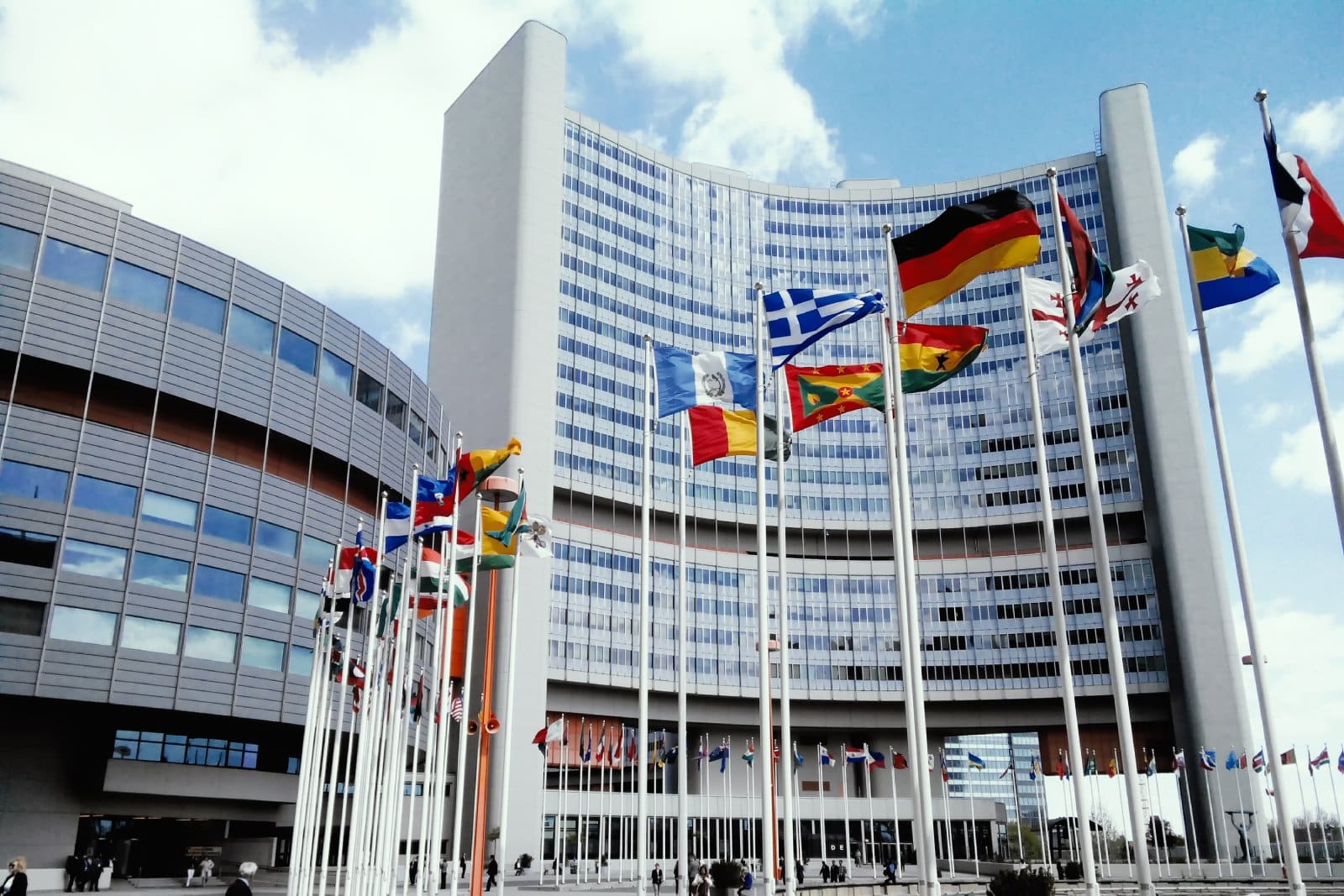
The Austrian People’s Party combines a focus on cultural preservation with tough stances on immigration, resonating with voters who feel threatened by demographic changes.
10. Law and Order in Belgium
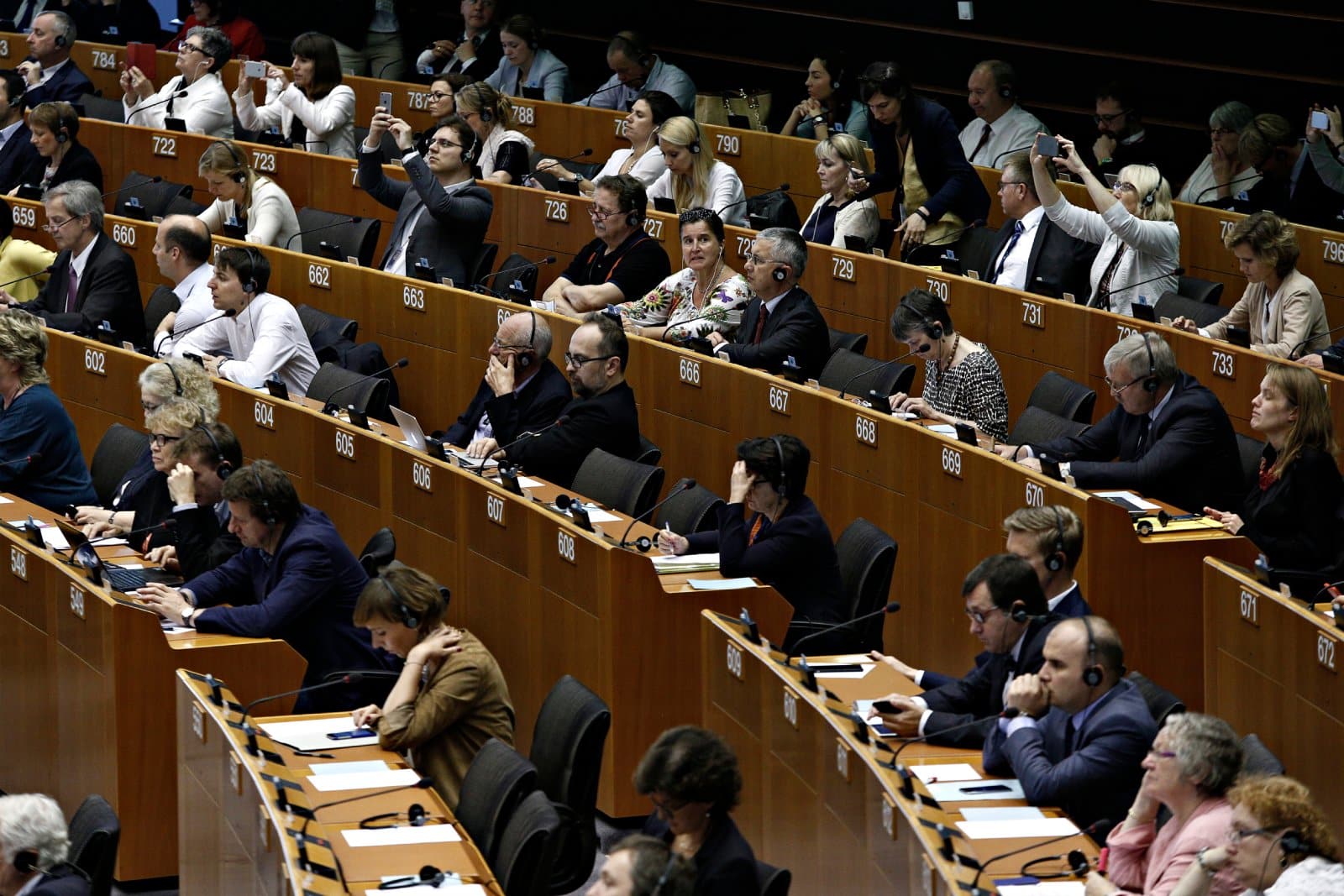
Belgium’s Flemish Interest party has seen growth by advocating for stricter law enforcement policies, tapping into concerns over urban crime and safety.
11. Euro-Scepticism in the Netherlands

The Dutch Party for Freedom, led by Geert Wilders, gains support through its strong Euro-sceptic and anti-immigration rhetoric, appealing to nationalistic sentiments.
12. Economic Nationalism in Finland
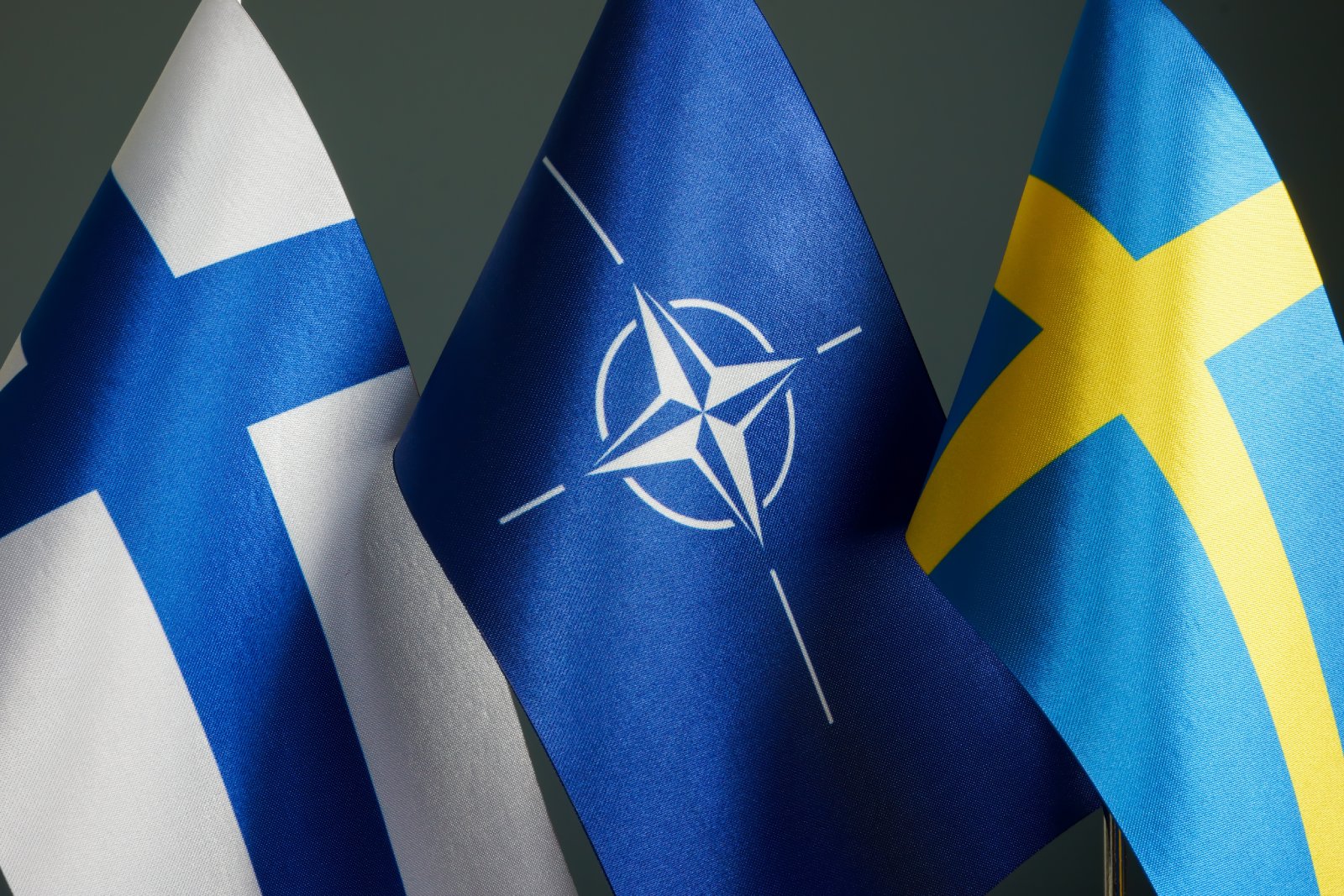
Finland’s Finns Party has increased its appeal by promoting economic nationalism, advocating for policies that favour Finnish workers and businesses over EU directives.
13. Reaction to Globalism in Denmark

The Danish People’s Party promotes a platform that reacts against globalism, advocating for maintaining Danish cultural norms and stricter immigration laws.
14. Anti-Corruption in Bulgaria

In Bulgaria, there is growing support for right-wing parties that campaign on anti-corruption platforms, promising to clean up the entrenched systemic corruption that plagues the country.
15. Fiscal Conservatism in Ireland
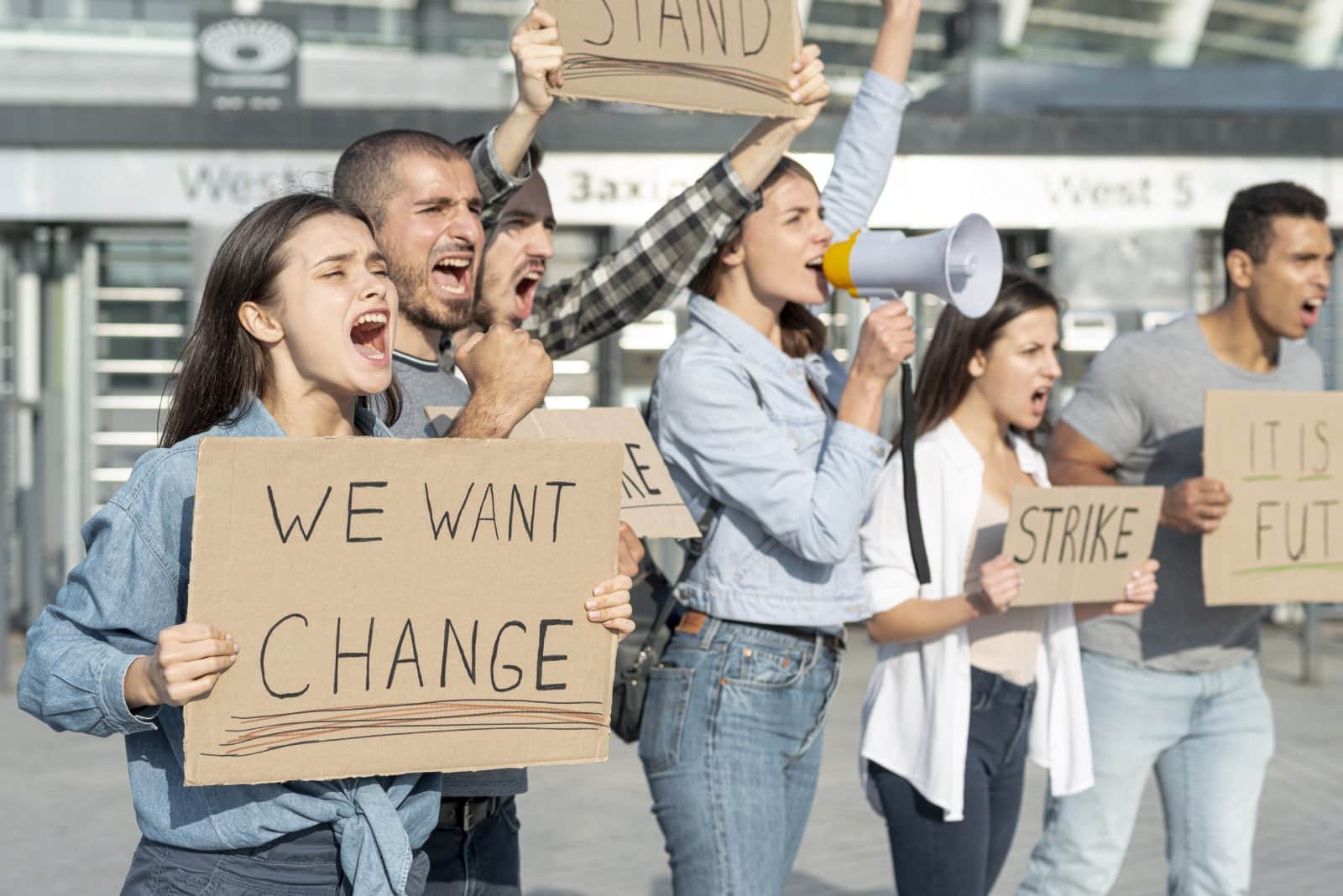
Ireland’s Fine Gael maintains relevance by advocating for fiscal conservatism, appealing to middle-class voters concerned about government spending and economic management.
16. Traditional Values in Slovakia

Slovakia’s People’s Party – Our Slovakia champions traditional Christian values and national history, attracting conservative segments of the population.
17. Government Accountability in Portugal

Portugal’s Chega party gains ground by promising greater government accountability and stringent measures against corruption and economic mismanagement.
18. Local Economy Focus in Croatia

Croatian conservative parties emphasize protecting local industries and agriculture from EU competition, promising to safeguard national economic interests.
19. Veteran Benefits in Latvia
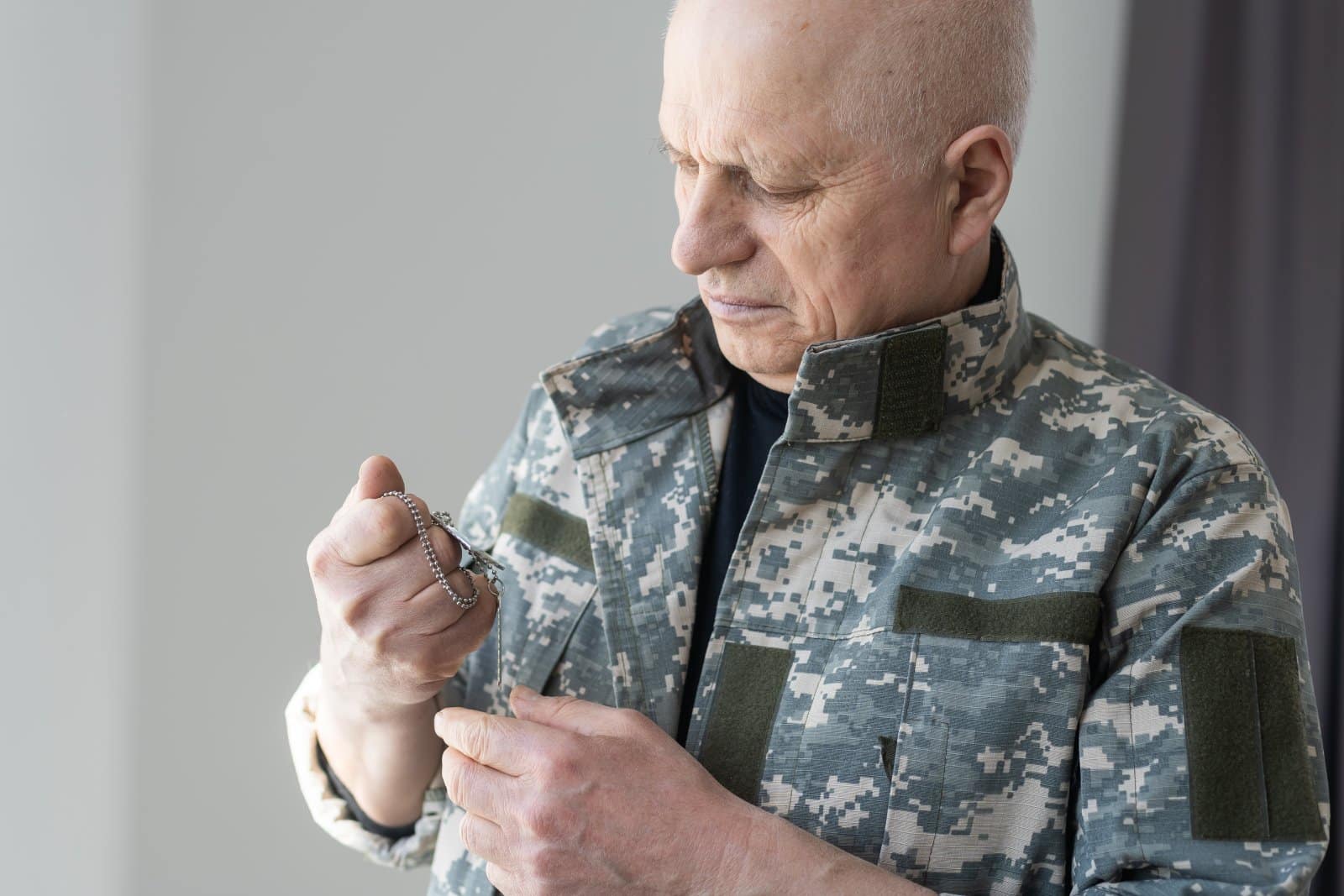
In Latvia, right-wing parties appeal to voters by promising increased support and benefits for veterans, tapping into a strong sense of national service and patriotism.
20. Energy Independence in Lithuania

Lithuania’s conservative leaders argue for greater energy independence from Russian gas, a stance that gains importance amid rising geopolitical tensions.
21. Welfare Reform in Estonia
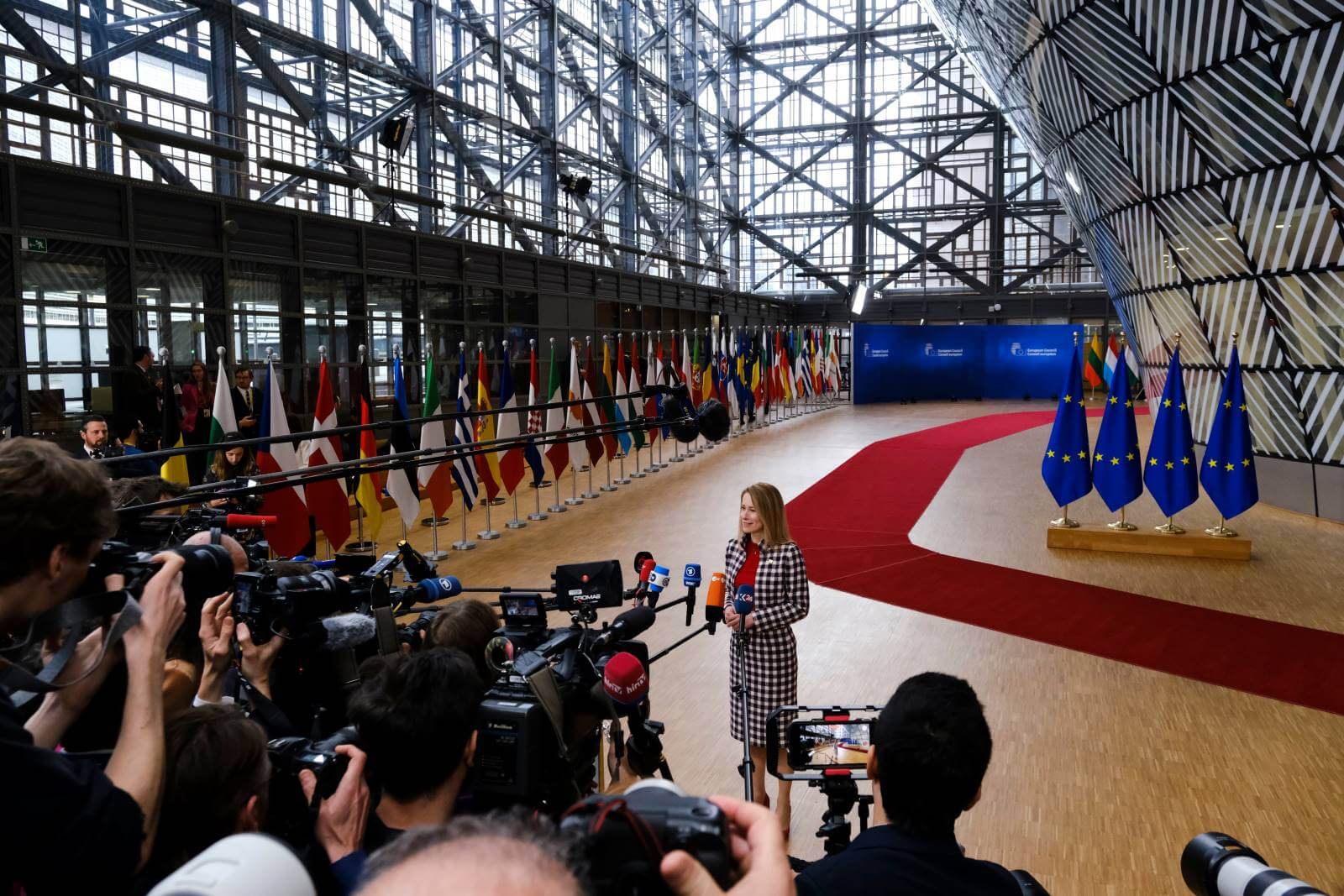
In Estonia, conservative parties propose significant welfare reforms, aiming to reduce dependency and encourage self-sufficiency among citizens.
Tipping to the Right

As these trends continue, the European political landscape seems increasingly inclined to tilt to the right. Will this shift lead to stronger national identities, or could it risk the unity of the EU as a whole? What’s your take?
10 Worst Places to Live in the UK Today

Here’s a look at the 10 worst places to live in the UK, based on statistical analysis and local sentiment, to help you understand the challenges residents may face in these areas. 10 Worst Places to Live in the UK Today
“We Will Never Come to Help You” – Trump’s Hurtful Words Raise Concerns About EU Firepower

It was revealed in a conference in Brussels that former President Donald Trump said in 2020 that the US would “never help” Europe if it was attacked. Now, European nations are grouping to commit more firepower to combat Putin’s threat to democracy. “We Will Never Come to Help You” – Trump’s Hurtful Words Raise Concerns About EU Firepower
Brexit Fallout: 20 Ways the EU Is Falling Apart Without the UK
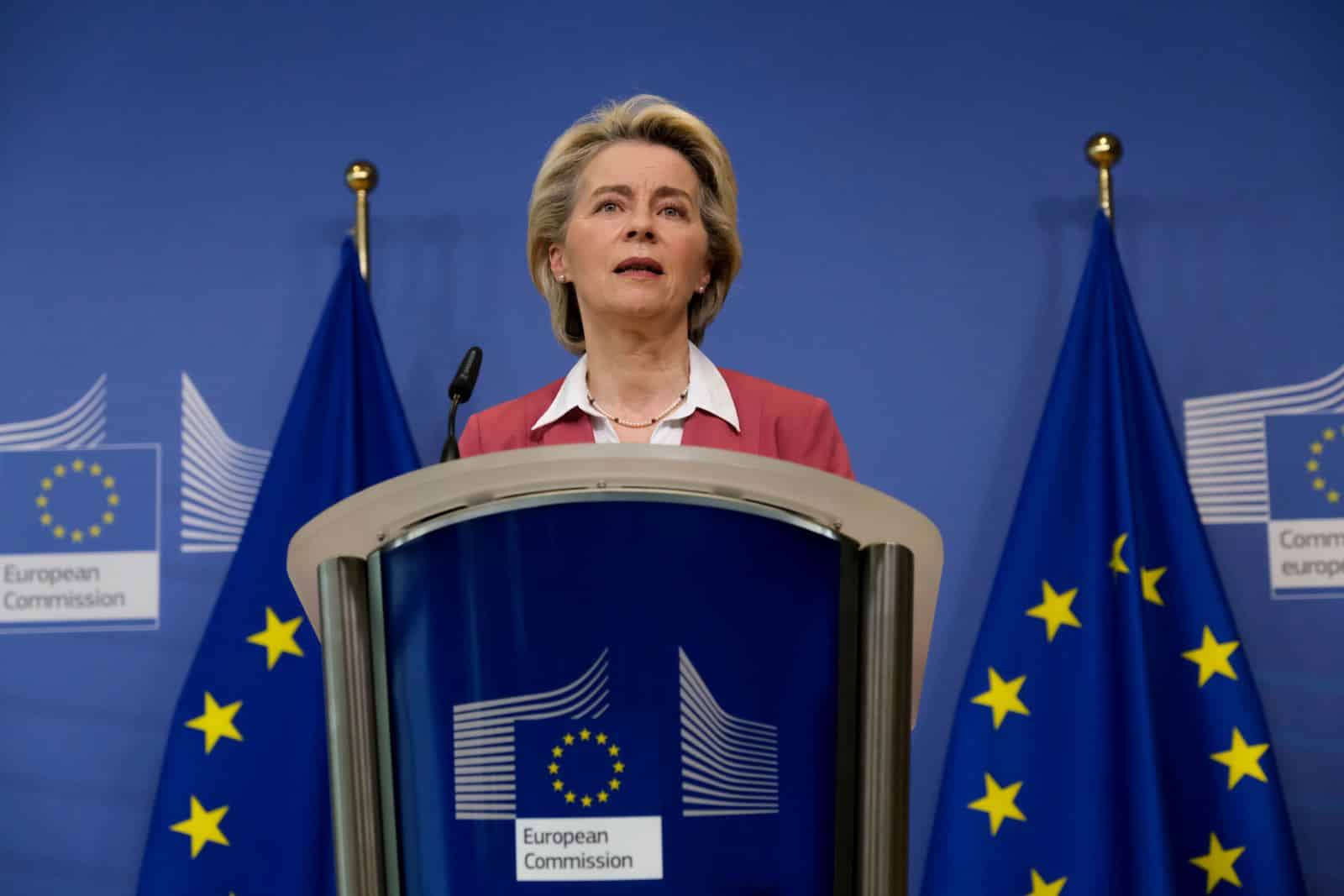
Since Brexit, the EU has been grappling with multiple crises and internal conflicts. Can the bloc hold itself together in these turbulent times? Brexit Fallout: 20 Ways the EU Is Falling Apart Without the UK
Featured Image Credit: Shutterstock / Alexandros Michailidis.
For transparency, this content was partly developed with AI assistance and carefully curated by an experienced editor to be informative and ensure accuracy.

